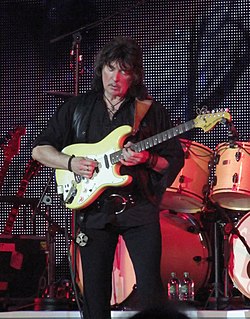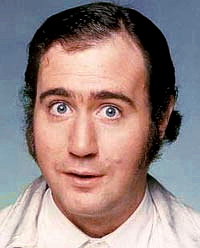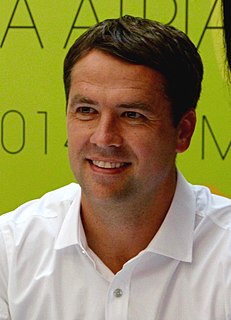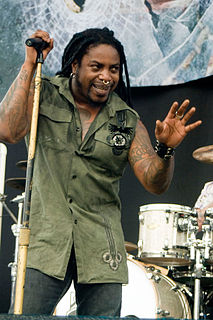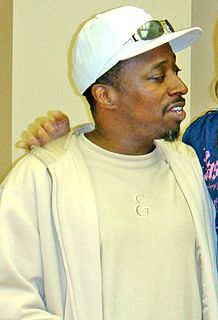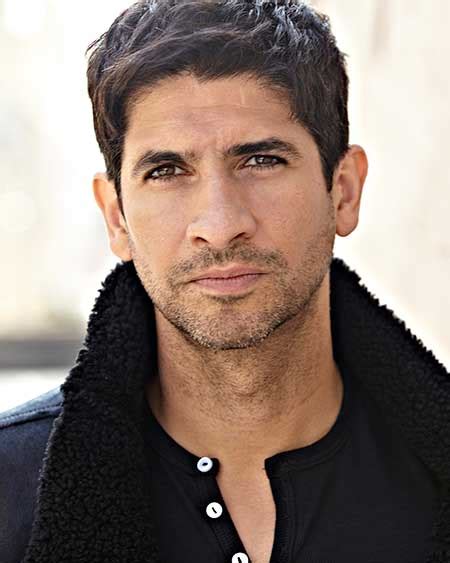A Quote by Cynthia Erivo
I think what's different about working on stage is that you have another chance to portray it again. If you don't get something right on film, you can do another take, but on stage, once it's done, it's done. You can't go back.
Related Quotes
I'm definitely not a guy that comes in the dressing room saying, "Hey, everybody, what a wonderful life." I'm usually brooding about something I think is wrong. I care so much about getting the music right, and if I think someone's slacking I get very upset about that. I just can't go on stage and say, "Another day, another dollar," which I've heard a few people say: I can't go along with that at all. It's got to be as good as you can do - to my own detriment.
When you go through a tunnel - you're going on a train - you go through a tunnel, the tunnel is dark, but you're still going forward. Just remember that. But if you're not going to get up on stage for one night because you're discouraged or something, then the train is going to stop. Everytime you get up on stage, if it's a long tunnel, it's going to take a lot of times of going on stage before things get bright again. You keep going on stage, you go forward. EVERY night you go on stage.
We must be willing to change chairs if we want to grow. There is no permanent compatibility between a chair and a person. And there is no one right chair. What is right at one stage may be restricting at another or too soft. During the passage from one stage to another, we will be between two chairs. Wobbling no doubt, but developing.

